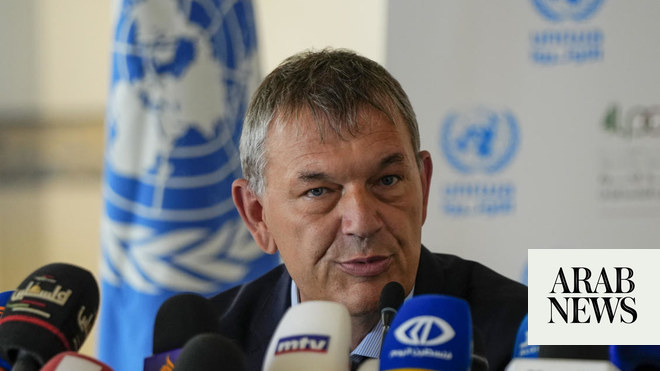
United Nations agencies together with aid partners launched on Wednesday a funding appeal to keep the humanitarian situation in Burundi from deteriorating further, raising fears of it becoming a “forgotten crisis,” with the number of people struggling for survival increasing by the day.
“Food rations [are] cut in many of the neighboring countries,” said Filippo Grandi, the UN High Commissioner for Refugees, adding that vulnerable groups, including women, who have already been exposed to violence cannot be provided with the necessary support.
Since 2015, over 400,000 refugees and asylum seekers have fled the small central African landlocked nation, escaping human rights abuses, political uncertainty, and deteriorating humanitarian situation.
Over 60 percent of that number have fled to Tanzania (254,000 refugees) and several thousands to Rwanda, the Democratic Republic of the Congo (DRC) and Uganda. Furthermore, with the volatile situation persisting, there are fears that the total number of refugees could rise to 450,000 by the end of 2018.Congo offensive against eastern rebels expected to displace 370,000
Meanwhile, the United Nations said on Thursday that a military offensive launched last month by Congolese troops against Ugandan militants in eastern Democratic Republic of Congo is likely to force nearly 370,000 people from their homes.
The fallout from a joint effort by Congo and Uganda to defeat the Allied Democratic Forces (ADF) will compound Africa’s worst displacement crisis and further stretch meager humanitarian resources.
Persistent conflict in Congo’s eastern borderlands with Uganda, Rwanda and Burundi and insurrection in the center of the country have displaced 4.3 million people internally. Last year, it led the United Nations to declare Congo a level three humanitarian emergency - on par with Iraq, Syria and Yemen.
The campaign against the ADF is expected to displace 196,300 people in Beni territory and another 173,200 people in neighboring Lubero territory, the UN Office for the Coordination of Humanitarian Affairs said in a report.
More than 532,000 people in the two territories near the Ugandan border fled their homes in 2016 and 2017, largely driven out by attacks by the ADF and other armed groups as well as military responses, the report said.
“The absence of protection measures for civilians in the most affected zones risks worsening. The risk of shells falling on civilian sites ... cannot be excluded,” it said.
A spree of massacres in Beni territory since 2014, most carried out with hatchets and machetes, killed about 1,000 people. The government has blamed nearly all the attacks on the ADF, but independent experts say some Congolese soldiers have also been involved.
On Jan. 13, the Congolese army announced a general offensive against the ADF after an attack on a UN base in December blamed on the ADF that killed 15 Tanzanian peacekeepers.
The ADF has operated inside Congo since the 1990s. Congolese and UN troops have conducted repeated offensives against it, but the group always managed to bounce back. It is considered one of the most lethal of Congo’s dozens of armed bands.
Separately, a local army spokesman in eastern Congo’s South Kivu province said on Thursday that fighting between the military and Mai Mai Yakutumba militiamen since Jan. 20 had killed 48 rebels and seven Congolese soldiers.
Yakutumba fighters advanced to within kilometers of the lakeside city of Uvira in September before being repelled by Congolese troops with significant support from UN troops.












